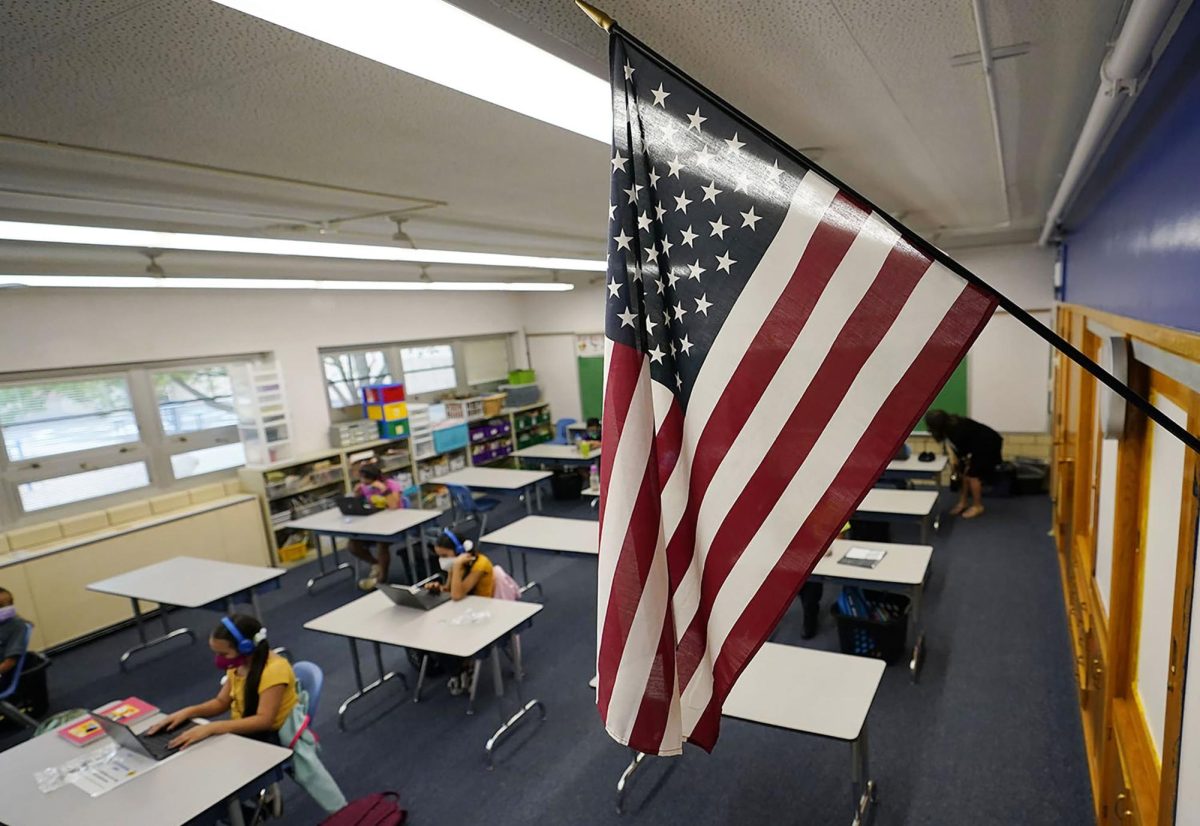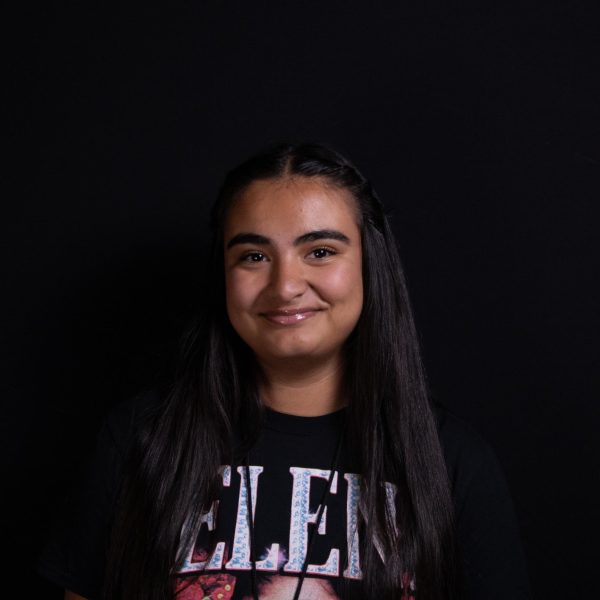Many military veterans are going from serving in the armed forces to serving their community again by becoming high school teachers. Their journey not only represents a change in career choices but it also represents a dedication to not only the community but teaching the skills they’ve gained throughout their service experience.
Military veterans who are entering the education department come from many diverse fields in the armed forces including, Army, Marine Corp, Navy, Air Force, Space Force, and Coast Guard, as well as National Guard and some reserve components. Their experiences can vary from a diverse set of skills from combat training to medical, engineering and logistics.
Many veterans gain various types of leadership skills during their time of service, which now they can apply in the classroom. These skills can include, decision making, effective communication and being able to motivate and direct others and those around them.
Special Education teacher, Ebony Cleshay who joined the Navy her sophomore year of college. Her whole family have served in the military in various branches, from her dad being in the Army and her two sons in the Marine Corp and Airforce. Cleshay shares some advice she wished she had when she first joined the Navy.
“It’s your career, it’s your path, you have to make a mature decision, and once you make that decision, keep doing that throughout your military career. If you go into the Navy you’re going to be on a boat, so prepare yourself for that. You’re going to have to work harder because you’re a female, and a female of color. So you’re going to have to work harder than your male counterparts,” Cleshay said.
Veterans as well as teachers overall serve as a powerful role model to their students. Having faced many challenges and having to overcome obstacles during their military career. They have been able to adapt to handling difficult situations and are able to guide their students through any setbacks they may face. Their experience can provide a real world point of view in the classroom.
Alongside the many counselors at Lake Ridge, Wakita Lamb was a combat medic in the army for 5 years before she found her passion for teaching. One thing she learned from her experience in the military was being tough, and that is something that she can connect to her everyday life as a civilian.
“You’re always tougher than you think you are. Well, you can do anything if you put your mind to it. And the military really teaches you that because they take you to your physical limit. They take you to your mental limit, like they really push you to be disciplined to understand why it’s so important to follow rules and orders,” Lamb said.
Among these veterans turned educators is Fist Sergeant Daniel Purdom, JROTC instructor, who served two decades in the Army. In his time in the army he has served as a platoon sergeant, basic training drill sergeant, a tech school instructor and now currently a first sergeant. One thing that First Sergeant Purdon loved about the army are the connections that he made.
“I still talk to people that I literally haven’t seen in 10-15 years and I consider them great friends. If they ever need anything at the drop of a hat, I’ll give it to them. Another thing is the mentorship of younger soldiers, and being able to pass on my knowledge and pass on everything that I’ve learned and watch them grow up into their own functional soldiers and adults,” First Sergeant Purdom said.
Transforming from a military career to being an education can require additional certification. In any military branch any personnel can choose a job of their choice and after going to basic training, they then can get extra schooling and training for their specific job.


